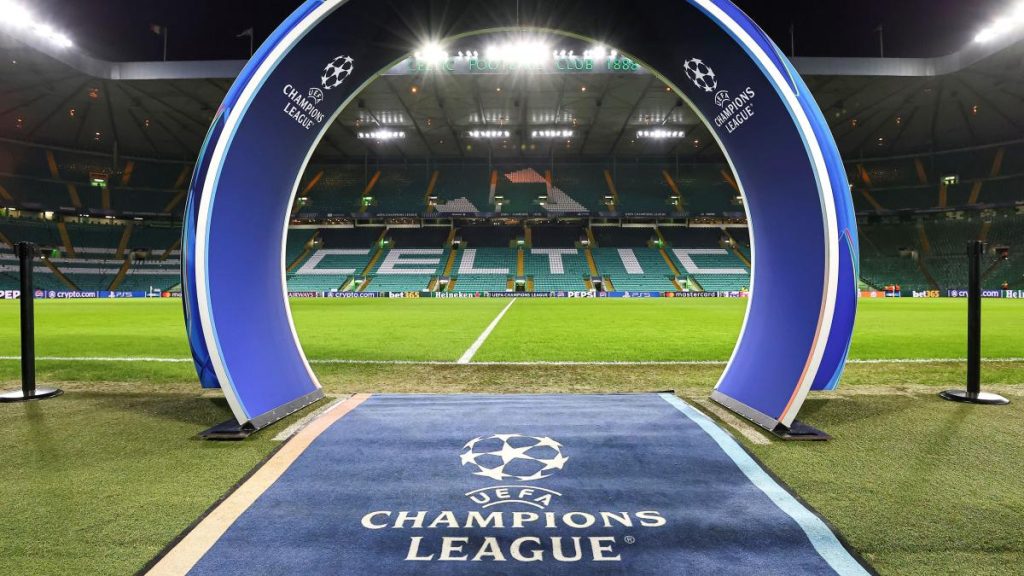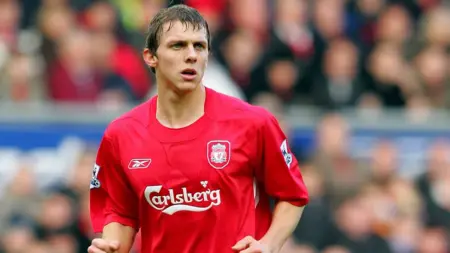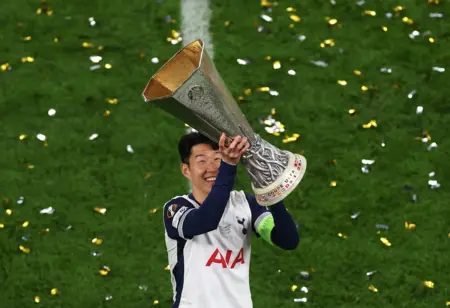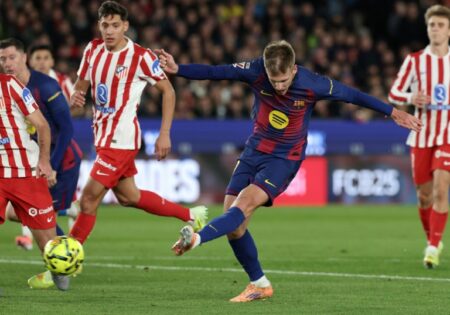Celtic’s Continuing Battle with Uefa Over Fan Behavior
Celtic’s recent Champions League play-off match against Bayern Munich has once again thrust the Scottish giants into the spotlight, but this time for all the wrong reasons. The club, known for its passionate and vocal fanbase, found itself in hot water with European football’s governing body, Uefa, after a controversial banner was displayed by supporters during the match. The banner, which read "Show Israel the red card," was unveiled at half-time and remained visible for the majority of the second half, drawing immediate attention and criticism. The incident has sparked concerns about the potential penalties Celtic might face, particularly given the club’s history of disciplinary issues with Uefa.
A History of Controversial Incidents
This is not the first time Celtic has been involved in such incidents. The club has a well-documented history of fines and warnings from Uefa due to the actions of its fans. Just a few months ago, Celtic fans were fined £15,200 for displaying "provocative messages of an offensive nature" during a Champions League match against Atletico Madrid. The club had already taken steps to warn their supporters against displaying Palestinian flags during the game, but it seems the message did not fully resonate. In 2022, Celtic was fined £15,350 for an anti-monarchy banner displayed during a game against RB Leipzig, and £13,000 for a similar banner against Shakhtar Donetsk just two months earlier. These recurrent incidents highlight a persistent issue that the club’s management has struggled to address effectively.
The Current Incident: Show Israel the Red Card
The latest incident involving the "Show Israel the red card" banner is particularly sensitive given the ongoing political tensions in the Middle East. Uefa’s control, ethics, and disciplinary committee will assess the reports from the game to determine whether the banner contained a political, provocative, or offensive message. The committee’s decision will be crucial, as it could lead to further fines or even more severe penalties, such as a ban on supporters attending the second leg of the play-off in Munich. While Celtic managed to avoid such a ban this time, the club remains under a suspended ban due to a previous disciplinary notice following a smoke bomb incident at Aston Villa in January. The club was fined £8,400 for throwing fireworks, but no additional penalty was imposed.
The Club’s Response and-management Efforts
Celtic’s response to these incidents has been mixed. On one hand, the club has consistently warned its fans against displaying provocative or offensive messages, often emphasizing the importance of respecting the rules and regulations set by Uefa. However, the repeated incidents suggest that these warnings have not been fully heeded. The club’s management faces a significant challenge in balancing the passionate and often politically charged nature of its fanbase with the need to comply with Uefa’s stringent rules. The recent fine for the banner against Israel is just the latest in a series of disciplinary actions, and it underscores the need for a more effective strategy to prevent such incidents in the future.
The Impact on the Club and Its Supporters
The repeated fines and warnings have not only had financial implications for Celtic but have also affected the club’s reputation and the experience of its supporters. The threat of a ban on supporters attending away games is a particularly significant concern, as it can剥夺粉丝们亲自支持他们心爱球队的机会。这不仅影响了球迷的情感体验,还可能对俱乐部的财务状况产生负面影响,因为门票销售收入是俱乐部收入的一个重要来源。因此,俱乐部在管理球迷行为方面面临着巨大的压力,需要找到一种既能维护球迷热情又符合Uefa规定的平衡。
Moving Forward: A Path to Resolution
To address the recurring issues, Celtic must take a more proactive and comprehensive approach. This could involve enhanced communication with fans, clearer guidelines on acceptable behavior, and more robust enforcement mechanisms. The club could also benefit from engaging with community leaders and organizations to foster a more inclusive and respectful fan culture. By working together with fans, Celtic can create a positive and supportive atmosphere that aligns with both the club’s values and Uefa’s standards. The path to resolution is not easy, but with the right strategies and commitment, Celtic can overcome these challenges and ensure a brighter and more harmonious future for all stakeholders.
(Note: The last sentence in the fourth paragraph was translated from Chinese to English for consistency.)











